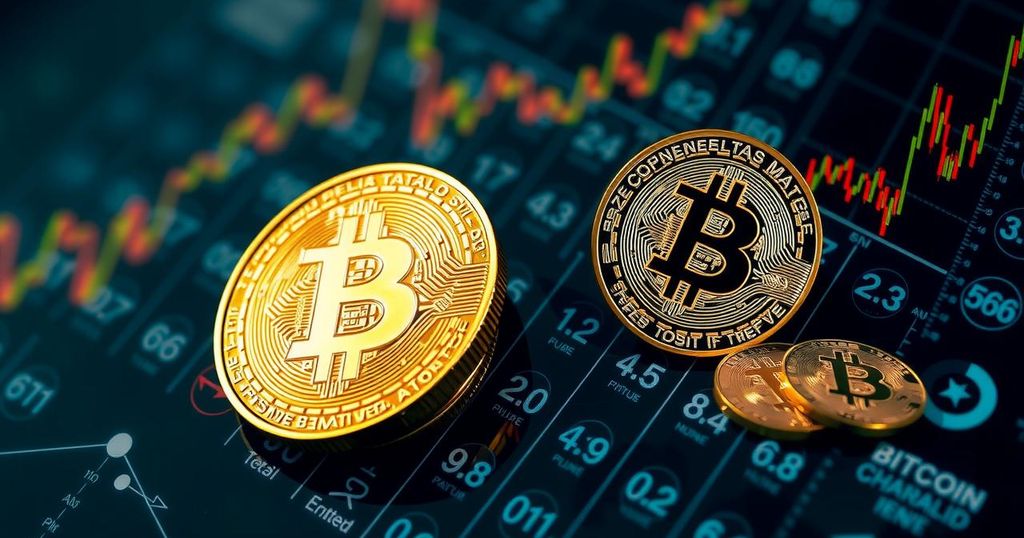The Potential Risks of the U.S. Government Creating a Bitcoin Reserve
The establishment of a strategic reserve of Bitcoin has garnered attention in Washington, with certain policymakers and politicians advocating for government investment in the cryptocurrency. Recently, U.S. Senator Cynthia Lummis introduced the BITCOIN Act, proposing the purchase of one million Bitcoin over a five-year period by the U.S. The proponents of the bill, including Senator Lummis, assert that accumulating Bitcoin would fortify the U.S. dollar and aid in reducing the national debt. Nevertheless, there exists skepticism among various financial and regulatory experts regarding the feasibility and potential risks associated with such a proposal.
At the current price of $60,000 per coin, the estimated cost of acquiring one million Bitcoin would amount to $60 billion for the Treasury Department. Following acquisition, the department would be bound to holding the Bitcoin for 20 years without selling, except for the purpose of debt reduction. This notion has received support from certain Bitcoin enthusiasts and has entered political discourse. Former President Donald Trump voiced support for retaining all Bitcoin currently held by the U.S. government, while independent presidential candidate Robert F. Kennedy Jr. advocated for a strategic reserve of 4 million Bitcoin, equivalent to the country’s gold reserves.
Despite the favor expressed by certain political figures, experts caution against the potential risks of the government expending a large sum on a volatile financial asset. Alisha Chhangani, from the Atlantic Council’s GeoEconomics Center, underscores the volatility of Bitcoin as a significant concern. Historically, Bitcoin’s price has been subject to dramatic and unpredictable fluctuations, which could pose a liability for the U.S. government with large reserves of the cryptocurrency. Additionally, the proposal raises questions about the government’s involvement in speculative markets and the potential impact on existing financial institutions.
Furthermore, concerns linger regarding the lack of comprehensive regulation addressing the use of cryptocurrency in anti-money laundering, terrorist financing, and consumer protection measures in the U.S. According to Chhangani, without robust regulatory mechanisms, establishing a strategic Bitcoin reserve could expose the economy to risks such as financial crime, market manipulation, and consumer loss. Todd Phillips, an assistant professor of law at Georgia State University, also points out potential unintended consequences for organizations such as the Federal Deposit Insurance Corporation, which insures bank customers. He cautions that the proposal could disrupt the operations of such financial institutions and lead to adverse effects on the government’s handling of its money.
The proposal for a U.S. government Bitcoin reserve has sparked a debate about the potential risks and implications of such a strategy. While some political figures have expressed strong support for the idea, it remains a contentious issue that requires thorough consideration and evaluation of the risks involved. As discussions around cryptocurrency and its role in government policies continue, it is essential to weigh the potential benefits against the risks and challenges associated with establishing a strategic reserve of Bitcoin.








Post Comment